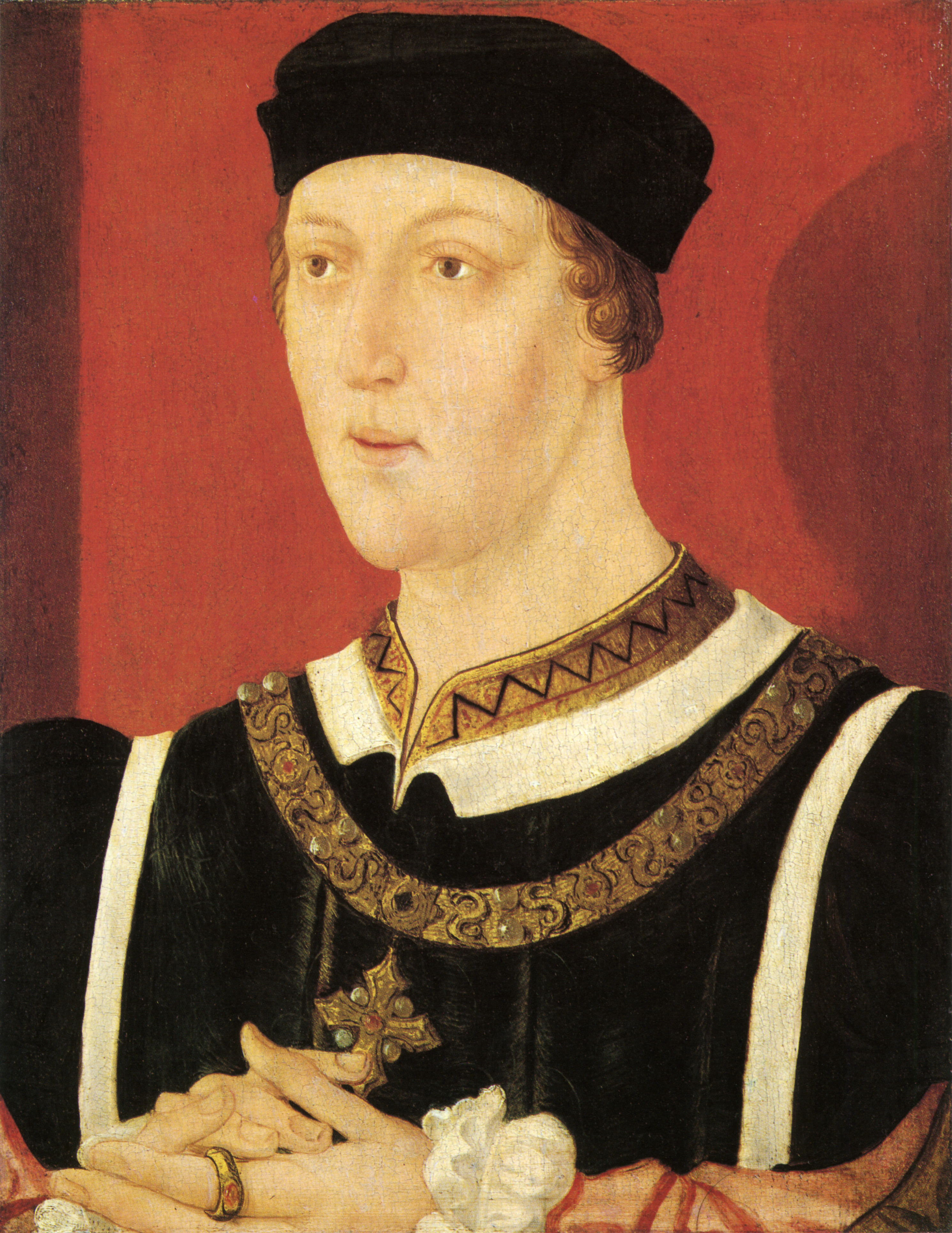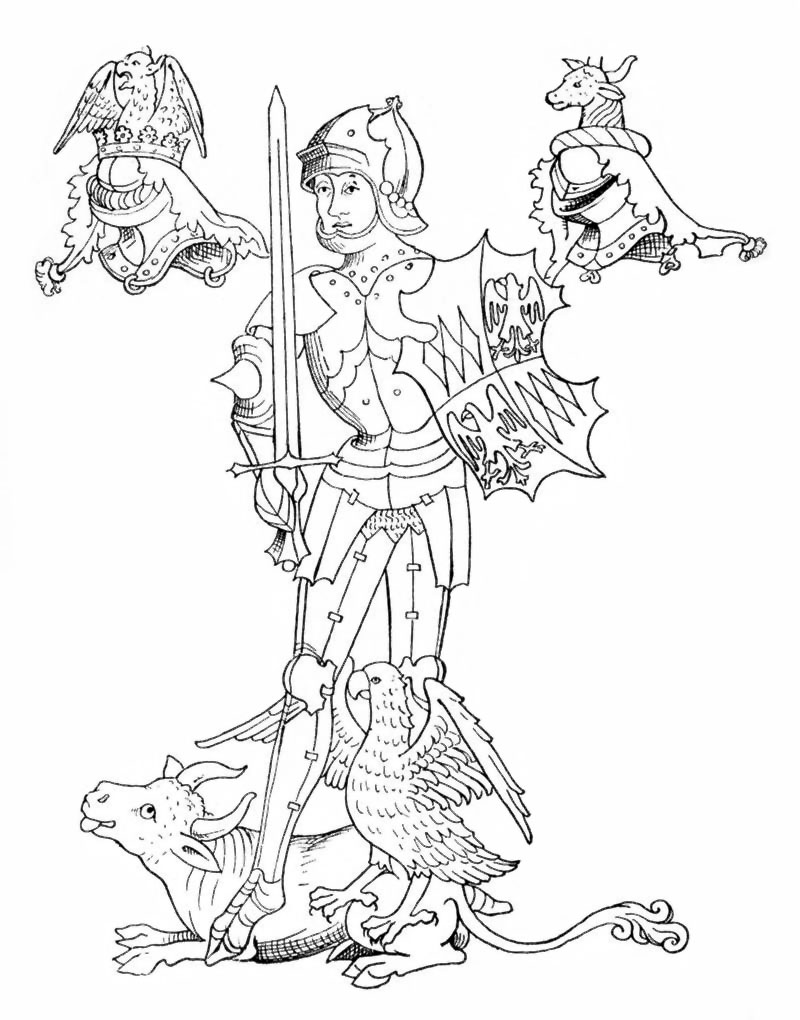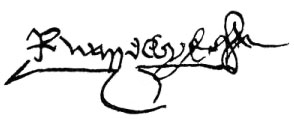Warwick, Richard Neville, Earl of, 1428-1471
Enlarge text Shrink text- Francklin, T. The Earl of Warwick, 1766 (subj.)
- DNB
- BM
Richard Neville, 16th Earl of Warwick, 6th Earl of Salisbury (22 November 1428 – 14 April 1471), known as Warwick the Kingmaker, was an English nobleman, administrator, landowner of the House of Neville fortune and military commander. The eldest son of Richard Neville, 5th Earl of Salisbury, he became Earl of Warwick through marriage, and was the wealthiest and most powerful English peer of his age, with political connections that went beyond the country's borders. One of the leaders in the Wars of the Roses, originally on the Yorkist side but later switching to the Lancastrian side, he was instrumental in the deposition of two kings, which led to his epithet of "Kingmaker". Through fortunes of marriage and inheritance, Warwick emerged in the 1450s at the centre of English politics. Originally, he was a supporter of King Henry VI; however, a territorial dispute with Edmund Beaufort, Duke of Somerset, led him to collaborate with Richard, Duke of York, in opposing the king. From this conflict, he gained the strategically valuable post of Captain of Calais, a position that benefited him greatly in the years to come. The political conflict later turned into full-scale rebellion, where in battle York was slain, as was Warwick's father Salisbury. York's son, however, later triumphed with Warwick's assistance, and was crowned King Edward IV. Edward initially ruled with Warwick's support, but the two later fell out over foreign policy and the king's choice to marry Elizabeth Woodville. After a failed plot to crown Edward's brother, George, Duke of Clarence, Warwick instead restored Henry VI to the throne. The triumph was short-lived, however: on 14 April 1471, Warwick was defeated by Edward at the Battle of Barnet, and killed. Warwick's historical legacy has been a matter of much dispute. Historical opinion has alternated between seeing him as self-centred and rash, and regarding him as a victim of the whims of an ungrateful king. It is generally agreed, however, that in his own time, he enjoyed great popularity in all layers of society, and that he was skilled at appealing to popular sentiments for political support.
Read more on Wikipedia >
 Personality
Personality














